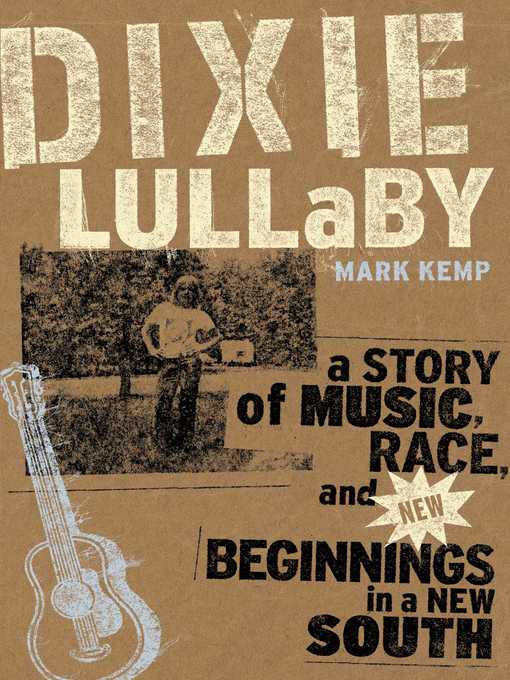
Dixie Lullaby
- اطلاعات
- نقد و بررسی
- دیدگاه کاربران
نقد و بررسی

July 5, 2004
Part memoir, part music history and part social history, Kemp's book cannot decide quite what it wants to be. On the one hand, Kemp tells the story of his own experience of racism in the South and the ways that Southern rock bands helped him move beyond Southern racial attitudes. On the other hand, he regales the reader with sparkling tales of the evolution of Southern rock from 1968 to 1992. Born in Asheboro, N.C., Kemp, a white Southerner, struggled to understand the mysterious ways of segregation. After Martin Luther King Jr.'s death, he observes, a number of Southern rock bands emerged—among them the Allman Brothers Band and Lynyrd Skynyrd—that challenged the racial views of the South. Drawing on interviews with several musicians and producers, including Phil Walden, Mac Rebennack (Dr. John), Warren Haynes and Jimmy Johnson, Kemp expertly examines the early years of Southern rock (1968–1973), the evolution of redneck rock (1974–1981) and the reconstruction of Southern rock (1982–1992) in bands like R.E.M., Jason and the Scorchers, Gov't Mule and Steve Earle. Kemp's anecdotal and affectionate remembrance of Southern rock provides a solid panoramic view of an important chapter in the history of rock and roll. Agent, David Dunton.

August 1, 2004
Kemp, a former Rolling Stone journalist, uses rock'n'roll to expunge his Southern-bred guilt and insecurity and highlight the dramatic transformation of Southern culture. He attributes the beginnings of his personal rebirth and the changed attitudes of a generation of baby-boom Southerners to such longhaired Southern rock bands as the Allman Brothers and Lynyrd Skynyrd, who helped explode a stereotypical Southern racist conservatism. He continues his journey to the present with the "cow punk" of Jason and the Scorchers, the Kentucky Headhunters, and even the cerebral R.E.M. Interspersed throughout Kemp's exploration of defining moments like the death of Martin Luther King Jr., the election of Jimmy Carter, and the presidency of Bill Clinton are recollections of his friends, fellow baby-boom Southerners, and Southern rock'n'roll artists. Though the author largely bypasses the impact of Elvis and the Civil Rights Movement, he nonetheless provides a well-written, fast-moving, revelatory, and thought-provoking glimpse into the evolving, multifaceted ethos of the American South. Recommended for anyone interested in rock'n'roll and American culture. David Szatmary, Univ. of Washington, Seattle
Copyright 2004 Library Journal, LLC Used with permission.

September 1, 2004
In considering the role of his native South in rock-and-roll history, Kemp presents the ways black and white influences intertwined to spawn rock, which then affected how the South subsequently developed. With his bent toward atmospheric description, Kemp seems to aspire to a niche in the Greil Marcus-Dave Marsh sector of Rock-Crit Valhalla as he makes the case that his southern generation felt alienated from parents' traditional values and views of racial segregation. While Kemp's observations on the twin developments of southern rock as played by the likes of the Allman Brothers and Marshall Tucker bands and ostensibly nonracist, Christian Right-linked political conservatism are interesting, his take on rock history rather resembles the same old rock-crit bloviation piled higher and deeper. Behind the hyperbole lurks a may-be-significant look at the confluence of rock music and contemporary American reality. Coming from a guy who, as a youth, was suitably impressed with Funkadelic's classic album " Maggot Brain," it couldn't be worthless, could it?(Reprinted with permission of Booklist, copyright 2004, American Library Association.)




دیدگاه کاربران